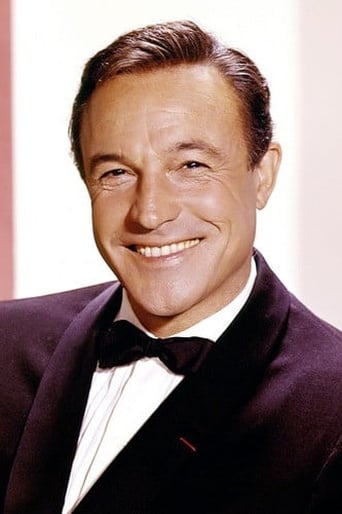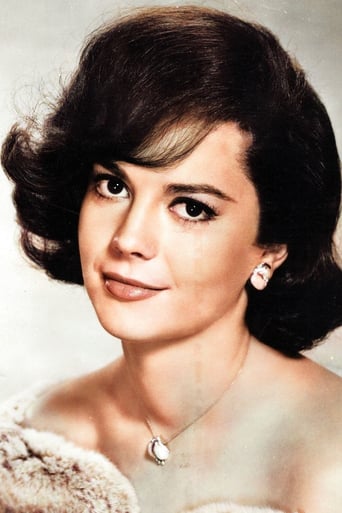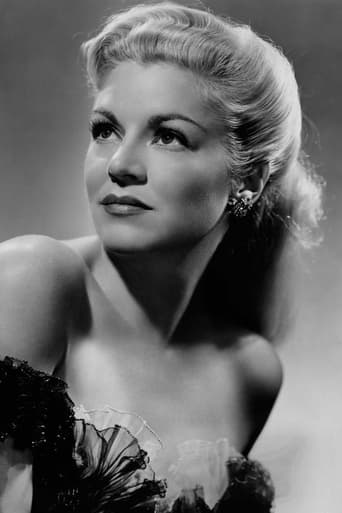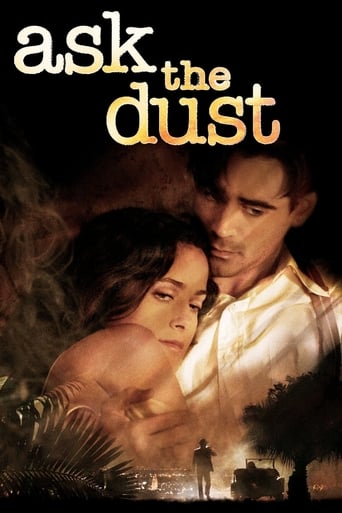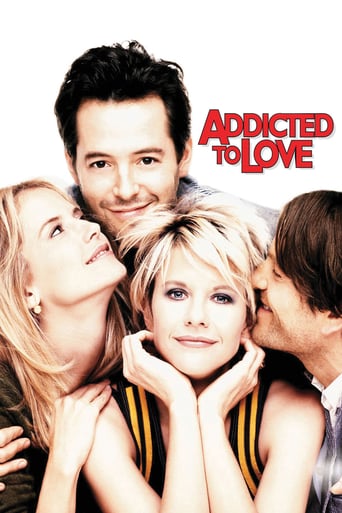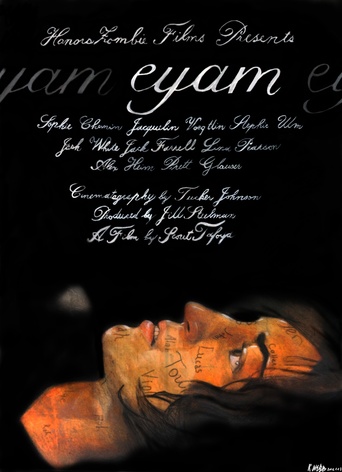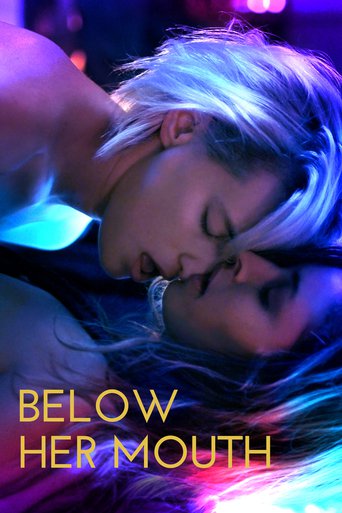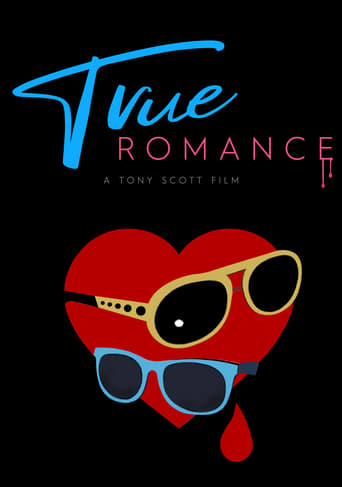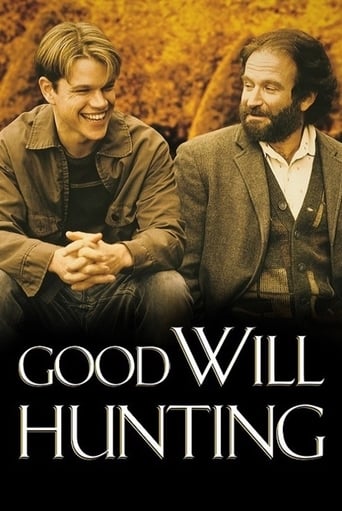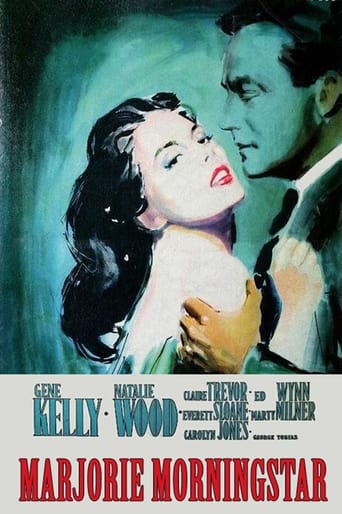
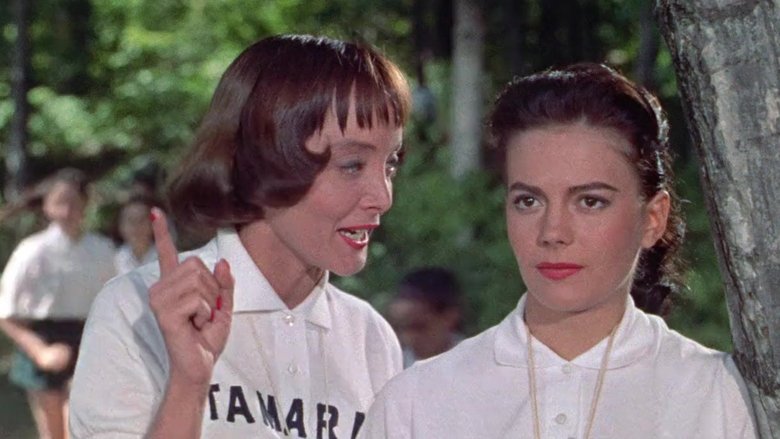
Marjorie Morningstar (1958)
While working as a counselor at a summer camp, college-student Marjorie Morgenstern falls for 32-year-old Noel Airman, a would-be dramatist working at a nearby summer theater. Like Marjorie, he is an upper-middle-class New York Jew, but has fallen away from his roots, and Marjorie's parents object among other things to his lack of a suitable profession. Noel himself warns Marjorie repeatedly that she's much too naive and conventional for him, but they nonetheless fall in love.
Watch Trailer
Cast


Similar titles
Reviews
Absolutely the worst movie.
The film may be flawed, but its message is not.
This movie feels like it was made purely to piss off people who want good shows
It is encouraging that the film ends so strongly.Otherwise, it wouldn't have been a particularly memorable film
One of Warner Bros' better 1950s melodramas, "Marjorie Morningstar" stars Natalie Wood as a Marjorie Morgenstern, a young Jew growing up in New York City. Marjorie wishes to be a dancer and artist, but her strict parents desire for her to embark upon a more "safe" and "practical" future. Marry a doctor, they say, get a proper career.Marjorie, of course, does the opposite. On the cusp of womanhood, and bubbling with pent up sexual energy, she travels to a summer camp. Here she meets Noel Airman (Gene Kelly), a dancer and social director whom she falls instantly in love with. Noel adores Marjorie too, but is hesitant to take things further. They're too different - she too young and he a failed artist - and so he insists that their relationship be scuttled. Marjorie attempts to convince him otherwise, but to no avail. She then abides by her parents wishes and hooks up with a "safe", "stable" and "successful" young man.The film doesn't pass judgement on either Noel or Marjorie. Indeed, it pities them both. Noel tries to mould himself into the image of a "successful man" - he gets a job in advertising, capitalism's playpen for wannabe artists – but it's no use. He drops out and heads to Europe and then Mexico. Marjorie, meanwhile, becomes trapped in the very social roles she hoped to avoid."Marjorie Morningstar" was directed by Irving Rapper. The film's too long, features too many Jewish stereotypes and modern audiences will no doubt find it somewhat obvious. Nevertheless, it's a good example of the kinds of ambitious melodramas (Vincente Minnelli, Nicholas Ray etc) which were being produced in the era.Incidentally, this was one of the legendary Gene Kelly's last serious roles. He does well, portraying deep insecurities behind much sexiness and raw physicality. This was also one of Natalie Wood's earliest adult roles. She's as beautiful as ever - and Rapper knows it, first revealing her in a state of semi-undress - and enlivens what is otherwise a typical "Jewish princess" role. Wood would herself star in a number of films which were unconsciously about a then brewing sexual revolution. "Marjorie Morningstar's" plot, for example, echoes the plot of Wood's "Splendour in the Grass", which sees Wood playing a young girl in small town Kansas who struggles to reconcile promiscuity and conservative, social mores. "Love With The Proper Stranger", meanwhile, saw Wood playing a woman who struggles with sex out of wedlock, "This Property is Condemned" finds her playing a young woman who is essentially used as a prostitute by her mother, and Wood's "Bob and Carol and Ted and Alice" sees her playing a upper class woman who embraces sexual orgies and the free love, hippie ethos.8/10 – Worth one viewing.
Novelist Herman Wouk's Jewish heroine, who rose from girlish camp counselor to college graduate to aspiring NYC actress, provides a meaty role for Natalie Wood, whose usual mannerisms (the breathy voice, the twitching mouth) are nicely modulated by director Irving Rapper. Gene Kelly is terrific as the womanizing theater director whom Marjorie becomes hopelessly stuck on, and the Oscar-nominated song "A Very Precious Love" by Sammy Fain and Paul Francis Webster lends pretty uplift to their romantic scenes. Visually, the film has an uneven appearance; though photographed by the estimable Harry Stradling, the clumsy mix of rear-projection, studio sets, and on-location shooting is a bit of an eyesore. In the supporting roles, Marty (Martin) Milner is excellent as an aspiring playwright and Claire Trevor has some strong early scenes as Marjorie's insufferable mother, but Ed Wynn's bit as an uncle is gratuitous, used weakly for both comic relief and pathos. Martin Balsam's role as a doctor is curiously tossed away (perhaps landing on the cutting-room floor), yet Natalie Wood is the major surprise; although one gets the impression her costume changes and hairstyles were first priority here, Wood excels in a handful of dramatic scenes, creating convincing chemistry with Kelly even if (emotionally) the narrative is all over the place. **1/2 from ****
I saw this film as a kid in its initial release, and was very moved. I just watched it again tonight, and was very annoyed. There is not a genuine note in this film from beginning to end.Hollywood had dealt before with cultural assimilation and and the complexities of mixed marriage, but with the introduction of the Production Code in 1934, a lot of the old ethnic clichés became out of bounds. Identifiably Jewish character actors like Benny Rubin suddenly couldn't find work. Ed Wynn, Jack Benny and the Marx Brothers prospered, but without the Jewish jokes.This film was one of the major entries in a renewed attempt by Hollywood to deal with the old stories. I can't review the book, as I have no plans to seek it out for the purposes of "compare and contrast." But the film is so thoroughly confused about who and what it is about, that it winds up being about nothing.I believe Herman Wouk was a party to the compromises. The film credits Beachwold Productions, which points directly to Wouk's summer house at the time.Natalie Wood can do everything she is asked to do, which is a relief - that wasn't always the case. Gene Kelly is a bit stiff and heavy, as he always was in non-musical roles. By casting him, the film gives up on any more subtle characterization of Noel Airman, and turns into the umpteenth remake of "Abie's Irish Rose." I don't buy Kelly as a renegade anything and neither did the original audience. The film becomes just another story of the princess and shaygetz dancing around each other for two long hours, and never rises above dreariness. Even Ed Wynn is dreary.I suppose someone at Warner Brothers saw the business Universal was doing with Ross Hunter's hyperventilating melodramas, but I hate to say this: Natalie Wood is no Lana Turner. Director Irving Rapper takes part of the blame: he's no Douglas Sirk. Rapper was a weak, compliant, flabby director who needed a strong producer and editor to assemble his takes into something watchable. Unfortunately this film just flails around like a dying fish on a dock. It doesn't begin to succeed on any level.I hope no one is ever crazy enough to try a remake. This one is really over.
Great, great book. TERRIBLE movie. Natalie Wood is lovely, to be sure, but not a great actress. Gene Kelly is a great actor and dancer, but horribly miscast. The simpering! The overacting! Spare yourself. Read the book.


